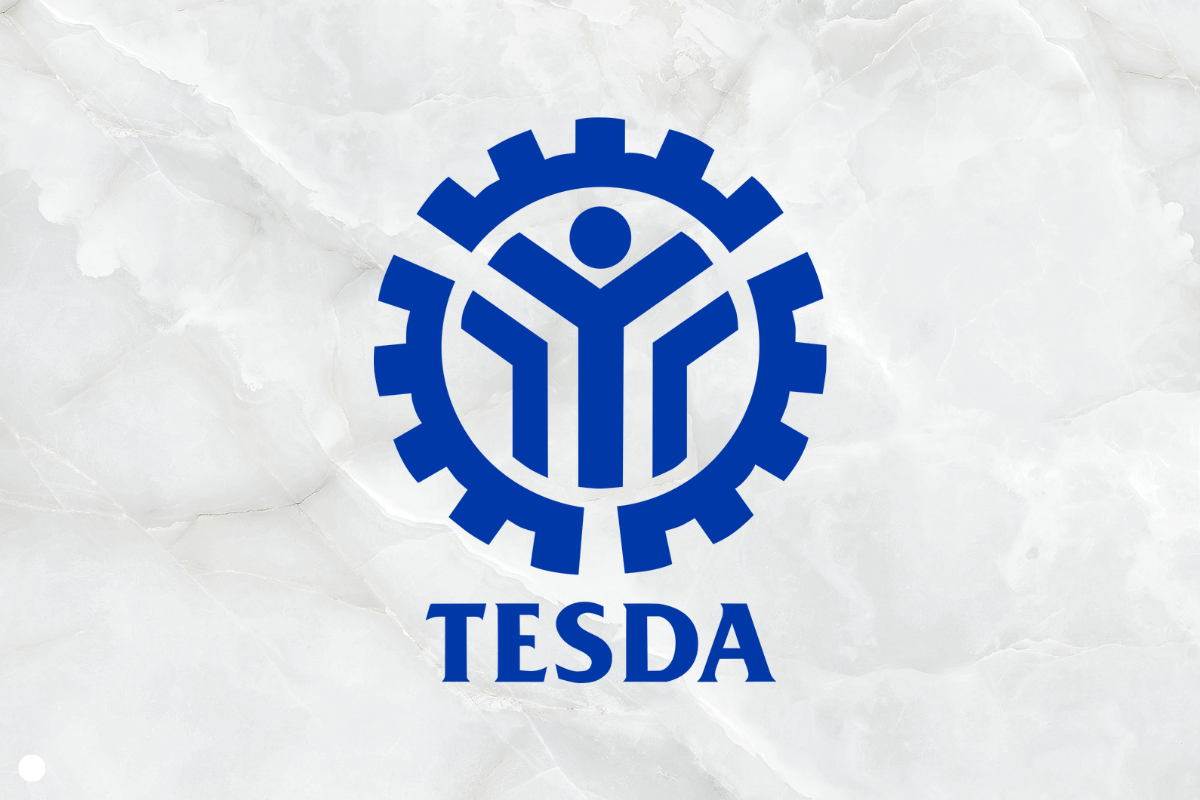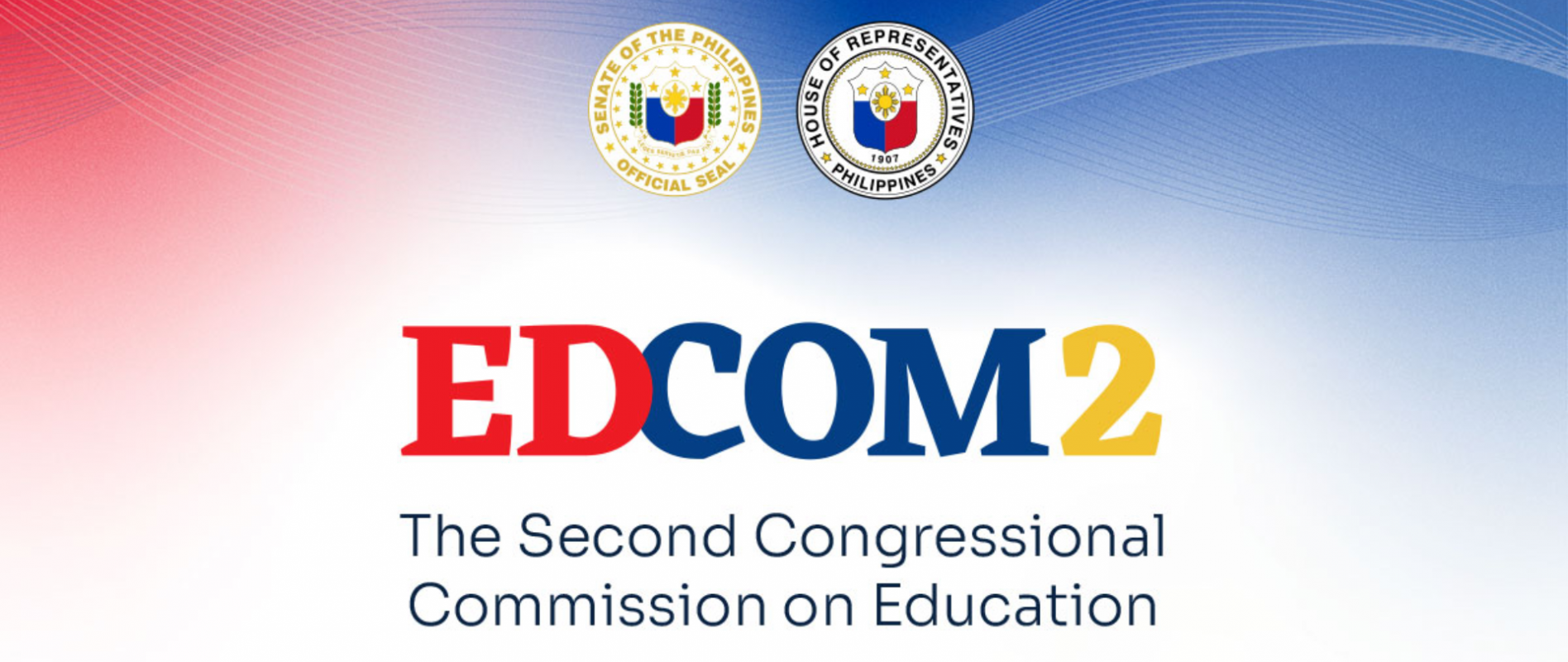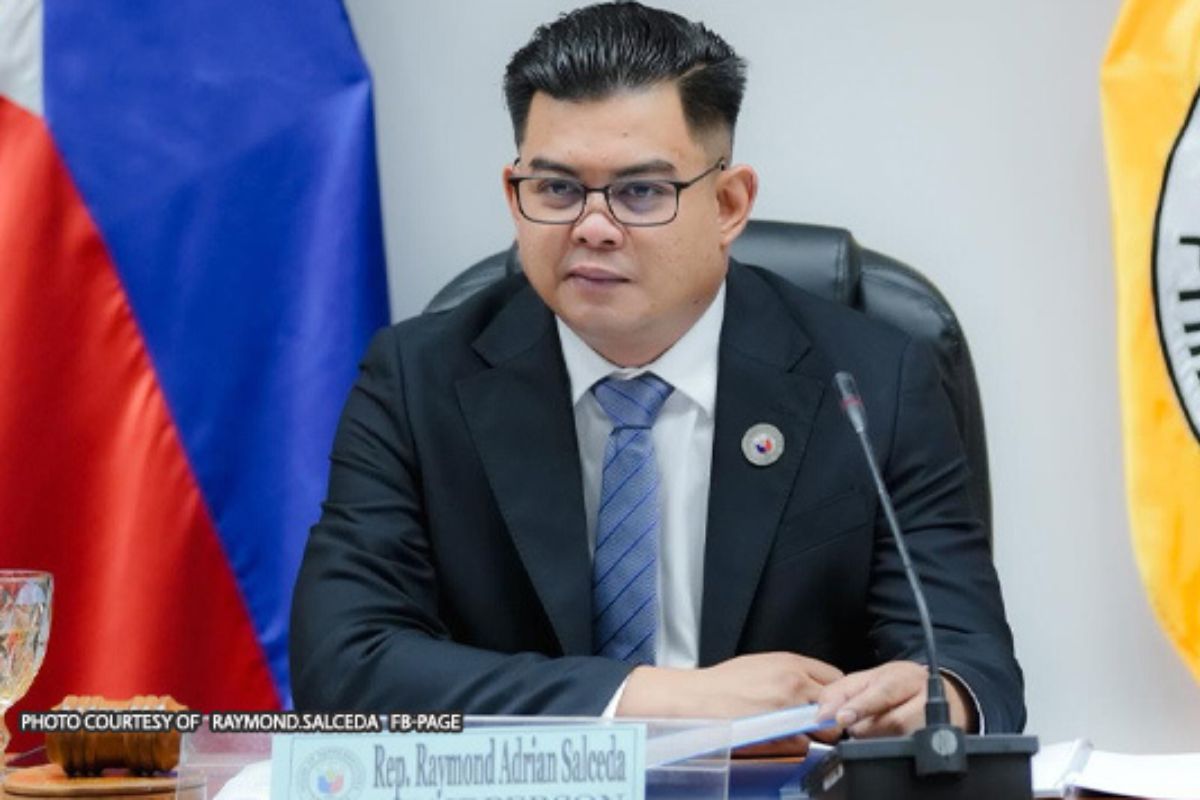GREATER COLLABORATION PUSHED TO ADDRESS JOB-SKILLS MISMATCH
VARIOUS business groups and international and local skills development experts called for greater collaboration among government agencies, industry leaders, and academic institutions to address job-skills mismatch in the country.
During the Knowledge Exchange Forum on Competency Standards Development, International Labor Organization Country Office for the Philippines Director Khalid Hassan said that harnessing industry-driven insights can provide informed labor policies and bolster the ability to build a better skills training system.
“This, in turn, translates into a more resilient and thriving labor force driving growth and prosperity for the country,” Hassan said.
The forum held from August 30-31, 2023 in Makati City was organized by the Philippine Business for Education, ILO, and Technical Education Skills Development Authority.
It facilitated discussions including sharing of best practices and lessons from experts from the United Kingdom, ILO, Technical Education and Skills Development Authority, Department of Trade and Industry and Commission on Higher Education.
Representatives from business associations from high-value sectors such as analytics and AI, Information Technology Business Process Outsourcing, agricultural manufacturing and construction also shared their knowledge during the event.
The participants also shared their insights on the importance of industry participation in skills development and the alignment of curriculum with industry skills needs using labor market information.
“At the heart of successful workforce development systems is a meaningful collaboration among the government, industry, and academe. By aligning educational curricula with industry requirements, we create pathways of success for our graduates who are equipped with exact skills and knowledge sought by the job market,” PBEd Trustee George Barcelon said.
Meanwhile, industry groups highlighted the importance of labor market information for skills needs assessment of their sector.
PBEd, through its A Future that Works Program, organizes industry leaders and experts to publish LMI reports which aid in building demand-driven competency standards and guide the training and upskilling of the workforce.
“The establishment of a robust LMI system is vital for aligning technical training with industry demands to facilitate seamless job-matching process. With our newly launched National Technical Education and Skills Development Plan for 2023-2028, we count on greater cooperation with industry stakeholders in producing LMI to help inform area-based and demand-driven TVET programs,” TESDA Director-General Suharto Mangudadatu said.













